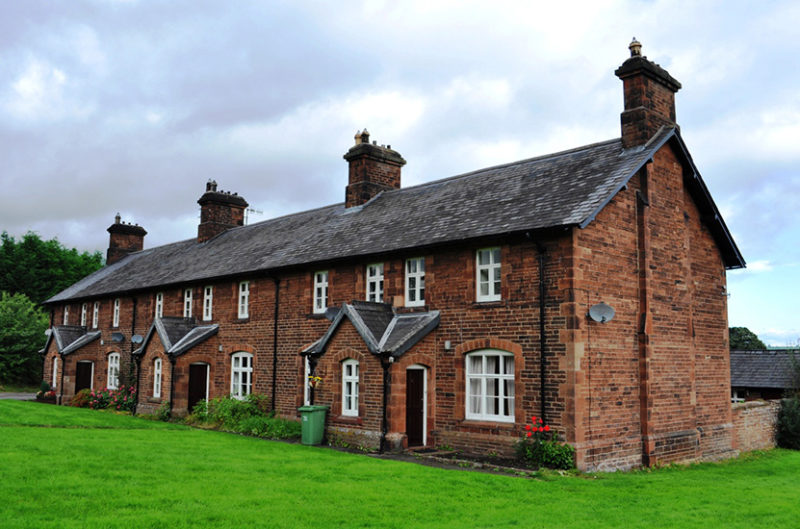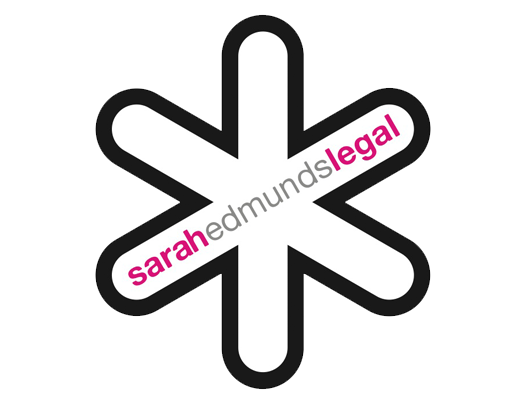Whilst many people consider buying a leasehold property the same as buying a freehold, in reality there are many pitfalls you need to be aware of before you buy…as usual these are contained the small print! Make sure when you buy a leasehold property you obtain a copy of the lease and ask the landlord for up to date information on charges. You must check what it is you have to pay out for, not just during the time you are living at the property, but also when you move in and, most importantly, when you sell.
WHEN YOU BUY A PROPERTY
Many landlords and managing agents will have a variety of charges you have to pay when you buy a property.
You may have to pay a notice of assignment fee – this is a notice which advises the landlord that you are the new owner and that all paperwork should be sent to you. The amount charged varies but can, at worst, be more than £100. Do remember that VAT is normally charged on top of the fee.
You may also have to enter into a “Deed of Covenant”, this means that you are personally agreeing with the landlord that you will abide by the obligations contained in the lease. Again, the landlord can charge as much as they wish and again, it could be as much as several hundreds of pounds.
If on buying the property you may become a shareholder in a management company or residents association and shares will be issued to you. You may have to pay for the share certificate to be issued in your names, this (luckily) is only normally a small fee.
DURING YOUR TIME AT THE PROPERTY
Whilst you are living at the property there are two payments you may be making:
- ground rent
- service charge.
Ground rent generally stays the same throughout the term of the lease or increases every 25 years or so.
Service charge however can vary form one payment to the next. Service charges cover everything from insurance and maintenance to cleaners wages and accounting costs. Essentially it covers the building’ costs and the costs of the people looking after the building.
If the landlord employs a managing agent then may also be managing agents fees to pay. It is worth asking for the last three years accounts and a budget sheet for the upcoming year so you can see what you contributions may be and what exactly is covered so that you don’t get any nasty surprises.
Service charges can range from as little as £20 to several thousand pounds per year.
You also need to look at whether there is a reserve fund. A reserve fund is used to collect money to cover any major future work, for example renewing and overhauling the lifts in the building or the roof. If there is not a reserve then you could find yourself with a bill several thousands of pounds higher than you expected in order to cover this, which if you are on a tight budget would be a nightmare. Some leases contain a clause requiring you to contribute annually towards the reserve fund. Once you have paid in to a reserve fund you have no right to recover what you have put in when you come to sell.
We ALWAYS advise our clients to obtain a proper survey (not a valuation) from someone who will inspect the whole building as opposed to just the flat. That way, you will know whether the roof may need renewing in the next 10 years.
We also raise almost 100 enquiries of the landlord/freeholder to ascertain precisely which works are planned, whether fire precaution works are required, what the likely budget is for the forthcoming year, whether there have been problems in collecting service charges or disputes about the same. If a building is not managed well, this often results in higher service charges. We also review and analyse all service charge accounts to ascertain any anomalies.
WHEN YOU SELL YOUR PROPERTY
When you sell a leasehold property the buyers solicitors will raise certain enquiries which will need to be answered by either the landlord or the managing agents. It is quite normal for either the landlord or the managing agents to charge a fee for providing these replies and the supporting documents, the fee can be several hundreds of pounds and in some cases over a thousand plus VAT.
When you sell you may also be required to notify the landlord prior to exchange, again they may charge a fee for dealing with this notice. This is called a license fee.
RETIREMENT AND WARDEN ASSISTED PROPERTIES
Many of these developments charge an “acceptance fee” – this is their fee for meeting you and deciding that you are “suitable” to live at the property. This is normally completed before you a buy the property.
If the property is warden assisted that it is likely that your service charge will be quite high as the salaries and cost of having the wardens on site will have to be included in the service charge budget.
One of the main ways in which these landlords can really hit you with charges is if there is a transfer fee, this can be as much as 2% of the sale price!! Whilst this is currently being disputed in the courts, currently still have to pay this fees.
Photo “Terraced houses, at Lazonby” by Ray Forser used under CC Attribution Licence.



